Having been a lifelong owner and exhibitor of Arabian horses, I always seem to find myself in the position of being the resident “question-answerer” about the breed, among friends and at whatever barn I am boarding. Just recently, one of my horsey-friends approached me in the typical style and asked me something to the effect of “How do you deal with the Arabian personality, they are so different from other breeds?”…and indeed, they are.
The woman’s teenage daughter, who is a somewhat novice, but confident, rider, has an Arabian mare that has a few “quirks”. After giving the woman a few pointers and answering a few direct questions, I began to reflect on my own journey with the breed in terms of her first question; I have ridden everything from Rocky Mountain Horses and Icelandic Ponies to Shires and even the exotic Gypsy Vanner, and Arabians are certainly in a class of their own when it comes to training, personality traits and “quirks”.
It is always disconcerting when I hear someone say that they don’t like “Arabians”, in general, because they are spooky, hot, too hard to handle, etc., because some of the best family horses that I know are Arabians and I’ve seen more tiny kids and amateur riders being packed around on them than I can count.
So, here are a few things that I have learned throughout the years that might help the Arabian’s reputation, as well as those who may be kindred spirits with one.
 Clear Communication is Key
Clear Communication is Key
There is a reason that the Arabian has long been called “The Thinking Man’s Horse”; they require a rider to have a certain mindset straight out of the gate, and they can size up a rider’s ability and mood quicker than any horse that I have worked with. They are sensitive horses that retain much of their Bedouin breeding instincts, which required them to be hard working, as well as alert and adaptable to a nomadic lifestyle.
This makes for a wonderful partner, but can also pose certain challenges. While it is possible to “tell” an Arabian what you want them to do (through cues, body language and commands), it is much more effective to “ask”. What I mean by this is that if you try to bully the breed, you are going to find yourself in a fight that you will likely not end up winning. For instance, if you are working at trot to canter transitions and your head is filled with 100 different things that you need to do in order to get from point A to point B, your Arabian will sense that and, maybe lose his headset or come out on the wrong lead; in this case, if you stop, sit quietly for a moment and “ask” him again with a clear mind you should find better results.
Learn Some Basic Psychology
Again, the Arabian is a thinker; they can reason their way in and out of most situations. I have seen five horses of various breeds and one Arabian running through a pasture, and as they come up to a puddle, some horses will splash right through and look surprised that they got wet, others will jump at the very last second, and the Arabian is most likely to be the one to go around, and this isn’t saying that they don’t like water or jumping, but they make decisions with a reasoning process…they will take the safest, easiest and most comfortable path beyond an obstacle on their own.
So, with this in mind, we as riders must learn to make our horses believe that what we want them to do is the easiest, safest and most comfortable way from point A to point B. For example, it does little good to be heavy handed or rough if your Arabian doesn’t want to keep his headset; sure, it is possible to jerk the reins or go to the spur or crop, and have your horse make a decision out of fear, but then the problem is just going to keep coming back. It makes much more sense to get into his head and figure out a way to make your horse believe that what you want him to do is what he wants to do…this requires light hands, patience and commitment, but in the end, the reward is enormous, because the Arabian will retain information so long as you present it in a way that he can understand.
If You Need a Trainer, Find One With Arabian Experience
I mean no disrespect to all breed trainers, and in fact, some of the best trainers that I have had have specialized outside of the Arabian breed, but this was after I had been with breed specific or specialized trainers for years. I always suggest that in looking for a trainer for a novice rider who has an Arabian horse, that they find someone who has a lot of practical experience with the breed. By going this route, you will find that your trainer is used to dealing with the very same things you deal with on a daily basis.
For instance, I watched a trainer at my barn working with a girl and her Arabian horse; the trainer was young and talented, but she was used to working with Quarter Horses. The client’s horse shied at something next to the fence and the trainer went on to spend the next 30 minutes focused on that particular spot near the fence, and the more forceful she became in attempting to get the horse to remain calm and go passed that point without so much as a sideways glance, the more tense the horse became. In this situation, I (or someone who has dealt with the breed for years) would have realized that there are only two possible ways to handle the situation, you can pick a fight or you can just keep moving forward and redirect the horse’s attention. This is true with all breeds, but is much more pronounced with the sensitive Arabian.
Don’t Lose the War Just to Win a Battle
Finally, this is probably the most common advice that I give to people who ask how best to deal with their Arabian horses. The plain and honest truth is that if you start a fight with an Arabian, you better be willing to stay in it for the long haul. In my early days of riding, I can’t tell you how many days I found one little thing to focus on while riding, and suddenly what was supposed to be a 45 minute to 1 hour workout turned into a 3 hour battle, and let me tell you that I was never the winner in those situations.
The more tense or angry that I became, the more that my horse fought against me. When she would finally quiet, come into my hands and do what I asked, it wasn’t good enough for me, she had to do it perfectly five more times before I was satisfied, and that just didn’t work. So, if you are dealing with a maneuver like the flying lead change, for instance, and your horse is fighting you a little bit, do everything that you can to calm yourself, clear your mind, and “ask” without “telling”, and as soon as your horse comes over to your side even an inch, thank him and move on to something else. Focus on the good things, and always end a workout on a good note, because the Arabian will remember the last thing that you told him during your previous workout as soon as you swing your leg over the saddle the next time that you plan to ride.
In the end, many of these things can be applied to all breeds, but the Arabian horse is quite special and requires a certain amount of thoughtfulness by his rider. He will listen, reason, calculate and make decisions in his head quicker than most horses, and you want those decisions to be the ones that you are looking for. So, the next time that you are out with your Arabian, or you see an Arabian, take a moment to praise his incredible mind and heart, instead of assigning stereotypes based upon his breeding.
Photos by Sarah Williams Mirror’s Edge Photography
There are so many ways to horse around in stunning SLO County. To keep this info at your fingertips we have developed a FREE Hot Sheet that will direct you to stories which tell you where you can trail ride, stay with your horse, show and sip wine. We’ll continue to add horsing around stories to our website. You can stay up-to-date by becoming a SLO Horse News herd member. Get your Horsing Around in SLO County Hot Sheet here >.

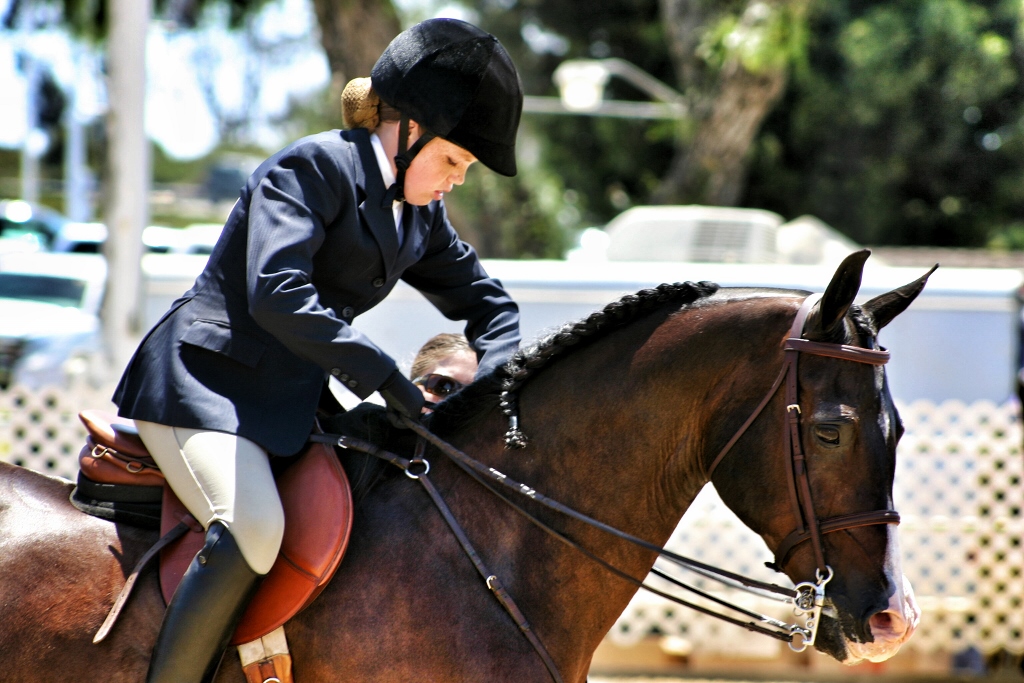
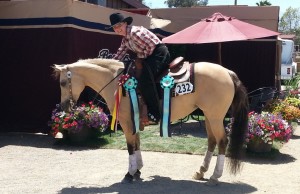
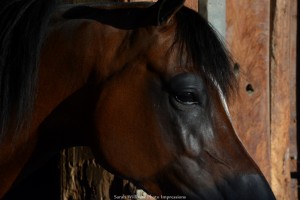
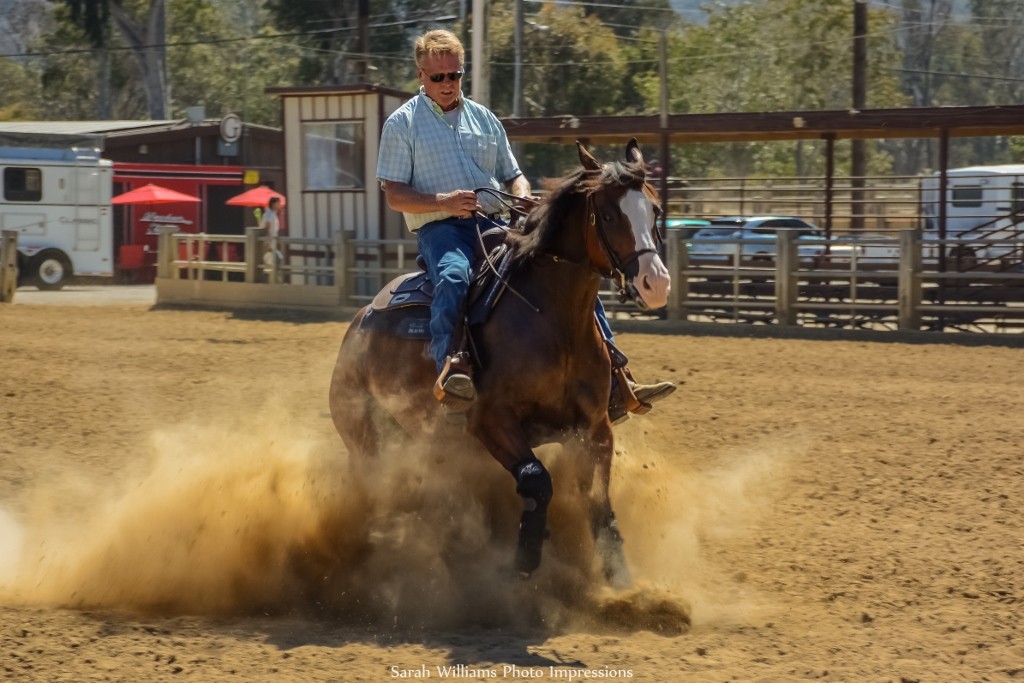
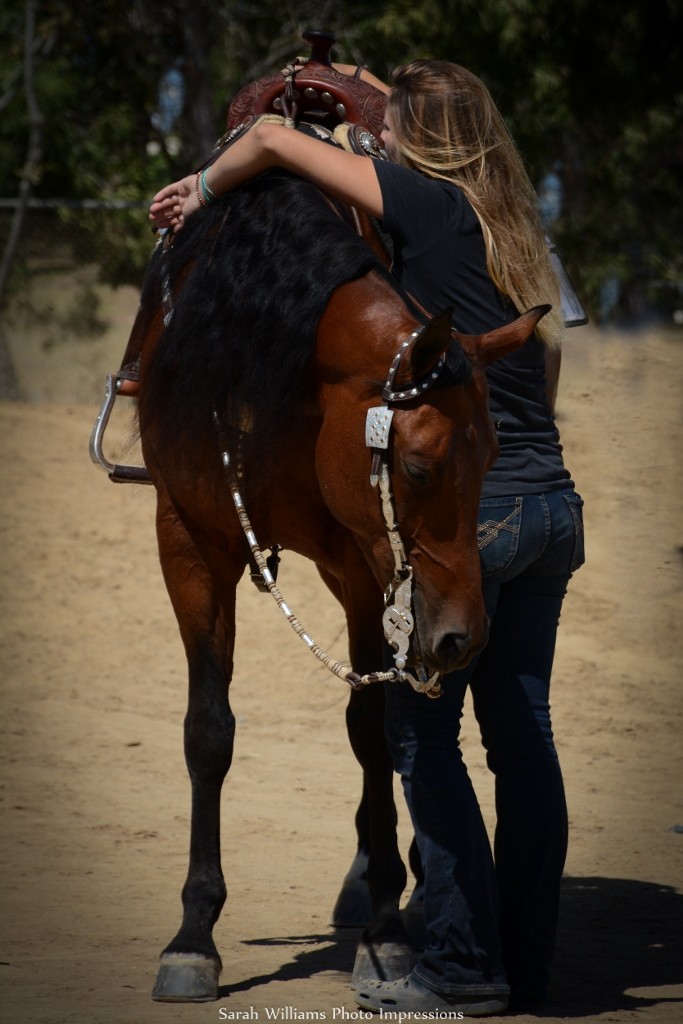

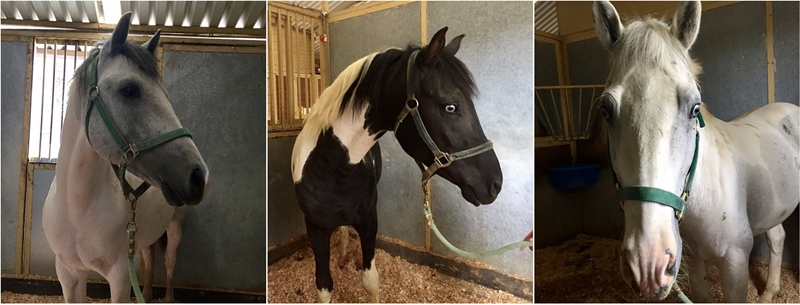
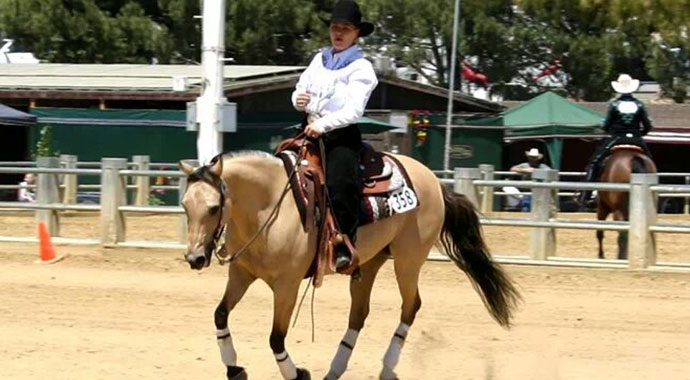
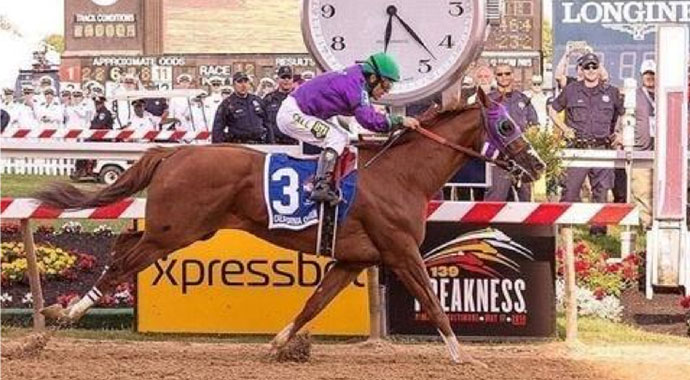
Arabians are like any other horse, but more so. More intelligent, more sensitive, more athletic, more social, more fun and they take more from the human to ride them. My Arabian brings out the best in me, and that makes me better for the rest of the herd.
Thank you for your informative education that I have well deserved after the absolute barney I had getting my Arab mare on the float this morning. Everything you say is totally correct. I lost the fight I stupidly decided to start. We did float eventually but this was meant to land in my newsfeed this afternoon because I was the one who needed to be taught a lesson. Thanks again.
Very true ,ponies and Arabians are very smart and quick thinking . if they are smarter than their handler there will be problems . As a team with an in tune handler they will do anything and go anywhere for you .
Thank you so much for your “words of wisdom!” I too have befriended many different horse breeds, but have found that the Arabian “lives for the challenge” as long as you offer it to them as such and don’t force them to accept it! They are very perceptive and kind and tend to “catch on” very quickly to whatever they consider fun and pleasing to you. Amazing horses!
I tentatively opened the link that led to this article, but was pleasantly surprised to find I agreed with pretty much everything. I have had Arabians for most of my my life and agree wholeheartedly that while you “could” force one to do what you want, it’s definitely not the way to deal an arab,
Having just started riding again after many months off, and on a new horse that has also had many months off, it has been an absolute pleasure to see us both come together in understanding. We’re both rough around the edges and it has caused some confusion, but when you ask the right way and suddenly the horse understands, a reward is a million times more effective than a punishment for this beautiful breed.
I have never seen more true words written about the Arabian horse. Most people just don’t ‘get it’! They truly are the thinking horseman’s horse
Love This Article! I have a 25 year old Arabian that has been with me for 22 years. He is still a marvelous, intelligent, amazing horse to ride. I am as thrilled to get on his back today as I was when he was 3. I was blessed to add a 2 year old to my family last year. I am just getting him under saddle. It is challenging and rewarding to work with a young Arab again. You forget how quickly they learn and how willing they can be. I am constantly coming up with new lessons to keep him challenged. It takes a special kind of horse person to appreciate the Arabian. I feel so lucky to be one of them.
This sounds just like the Morgan! I’ve always said there are no two more versatile breeds then the Morgan and Arab, and they obviously have very similar temperaments. I’ve been with Morgans my whole life and am heading to the Morgan Grand National for the first time next week, I’ve recently had some experience with an Arab, I’m glad to see how similar they really are. Thanks for this article!
This could be written about my 4 year old Quarter Horse. If he doesn’t want to do something you can’t make him! He may do it, like loading in the trailer todAy, but only when he is ready. It took us an hour and a half to get him loaded. He normally is not like this but he also normally has another horse with him. Once we stopped trying to force him to go in, and we’re exhausted from trying, he decided to load on his own. He may have some Arabian blood in him!